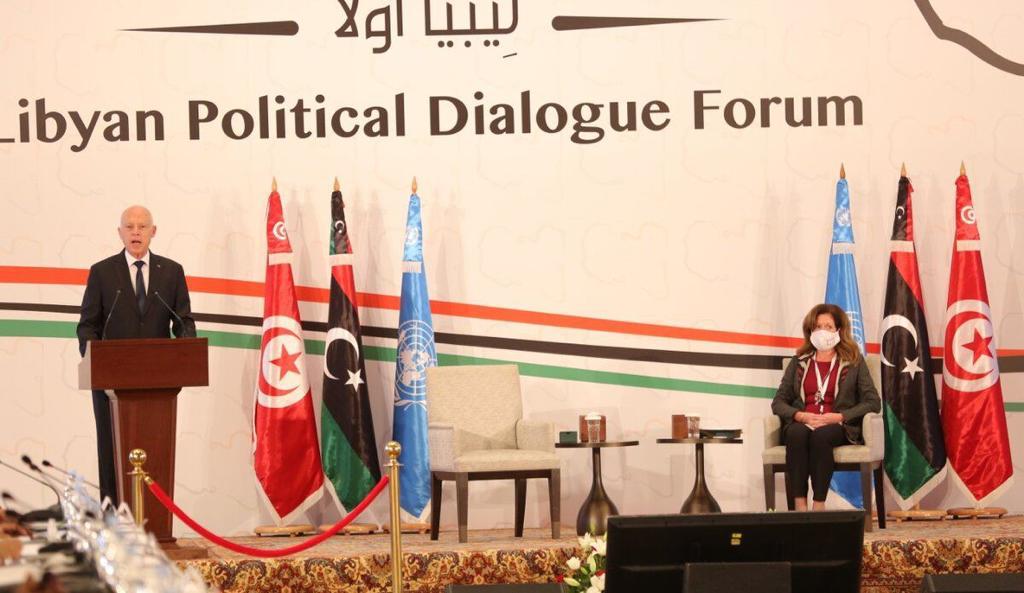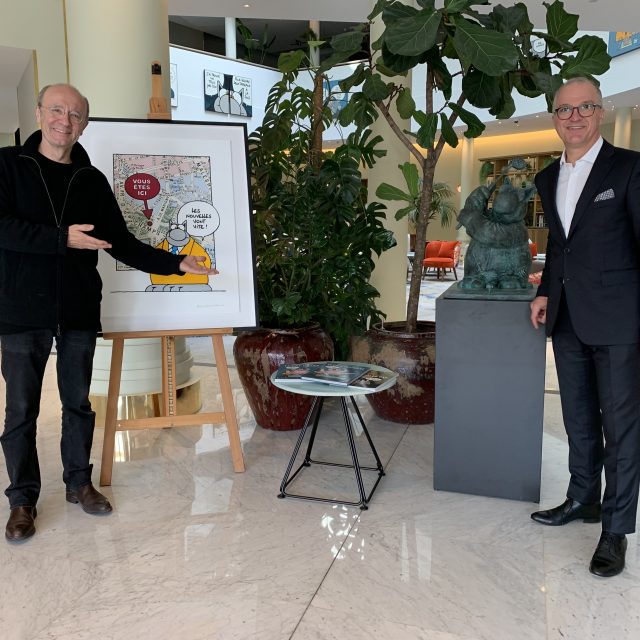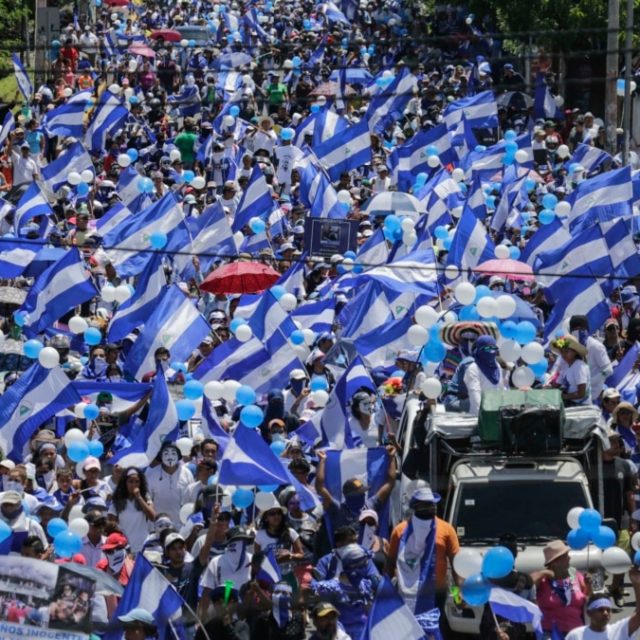Tunisia is hosting the Libyan Forum of Political Dialogue, which will determine the institutional framework of the new Libyan state. The Forum will decide on the procedure for planning general elections, and how to choose a transitional government leading up to the elections.
The latest news from the Forum so far suggests that there is still no consensus emerging and not even the basis of mutual understanding between the representatives of the different competing groups. Experts have expressed suspicions that the Forum may not lead to the expected result, but the procedure for the Forum which the UN has imposed makes it possible for it to fix an outcome declaratively.
There is therefore a high degree of likelihood that the names of the head of the Presidential Council and the Prime Minister will be announced within the next 10 days. As of today, many candidates for these positions have been nominated and the existing options are being studied carefully by political analysts.
News from Libya and Tripoli indicates that the situation is far from calm. The authorities still cannot guarantee victory over banditry and terrorism. The same atmosphere prevails at the Forum. There is active participation from radical personalities such as the Head of the Supreme Council of State Khaled Mishri – the Muslim Brotherhood, At-Thani – the Prime Minister of the interim government in the East, and Fathi Bashaga – the Minister of Internal Affairs, who was removed from office only a few months ago.
Even if Marshal Haftar follows the decisions of the joint military commission and does not start a new phase of his counter-terrorism operation, relations in Tripoli are now very tense and the appointment of controversial figures will lead to an escalation of internal conflicts, such as clashes between the Tripolitanian Ministry of Internal Affairs and groups not controlled by them, or even between units of the Ministry of Internal Affairs. All this could lead to a new round of military escalation.
But if a compromise can be achieved and consensus built around technocrats such as Faeiz Saraj or Ahmed Maityg, then Libya has a chance to survive a difficult transition, restore unity and hold a general election in which a president and parliament can be successfully and peacefully elected.




